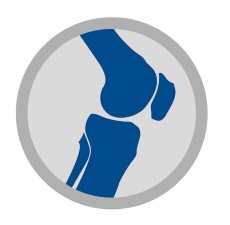Results of a feasibility randomised clinical trial on pain education for low back pain in Nepal: The Pain Education in Nepal-Low Back Pain (PEN-LBP) feasibility trial
BMJ Open
Objectives The aims of this study were to: (1) develop pain education materials in Nepali and (2) determine the feasibility of conducting a randomised clinical trial (RCT) of a pain education intervention using these materials in Nepal.
Design A two-arm, parallel, assessor-blinded, feasibility RCT.
Setting A rehabilitation hospital in Kathmandu, Nepal.
Participants Forty Nepalese with non-specific low back pain (mean [SD] age 41 [14] years; 12 [30%] women).
Interventions Eligible participants were randomised, by concealed, 1:1 allocation, to one of two groups: (1) a pain education intervention and (2) a guideline-based physiotherapy active control group intervention. Each intervention was delivered by a physiotherapist in a single, 1-hour, individualised treatment session.
Primary outcome measures The primary outcomes were related to feasibility: recruitment, retention and treatment adherence of participants, feasibility and blinding of outcome assessments, fidelity of treatment delivery, credibility of, and satisfaction with, treatment. Assessments were performed at baseline and at 1 week post-treatment.
Secondary outcome measures Pain intensity, pain interference, pain catastrophising, sleep disturbance, resilience, global rating of change, depression and quality of life. Statistical analyses were conducted blind to group allocation.
Results Forty participants were recruited. Thirty-eight participants (95%) completed the 1-week post-treatment assessment. Most primary outcomes surpassed the a priori thresholds for feasibility. Several findings have important implications for designing a full trial. Secondary analyses suggest clinical benefit of pain education over the control intervention, with larger decrease in pain intensity (mean difference=3.56 [95% CI 0.21 to 6.91]) and pain catastrophising (mean difference=6.16 [95% CI 0.59 to 11.72]) in the pain education group. Pain intensity would seem an appropriate outcome for a full clinical trial. One minor adverse event was reported.
Conclusion We conclude that a full RCT of pain education for back pain in Nepal is feasible and warranted.
Trial registration number NCT03387228
